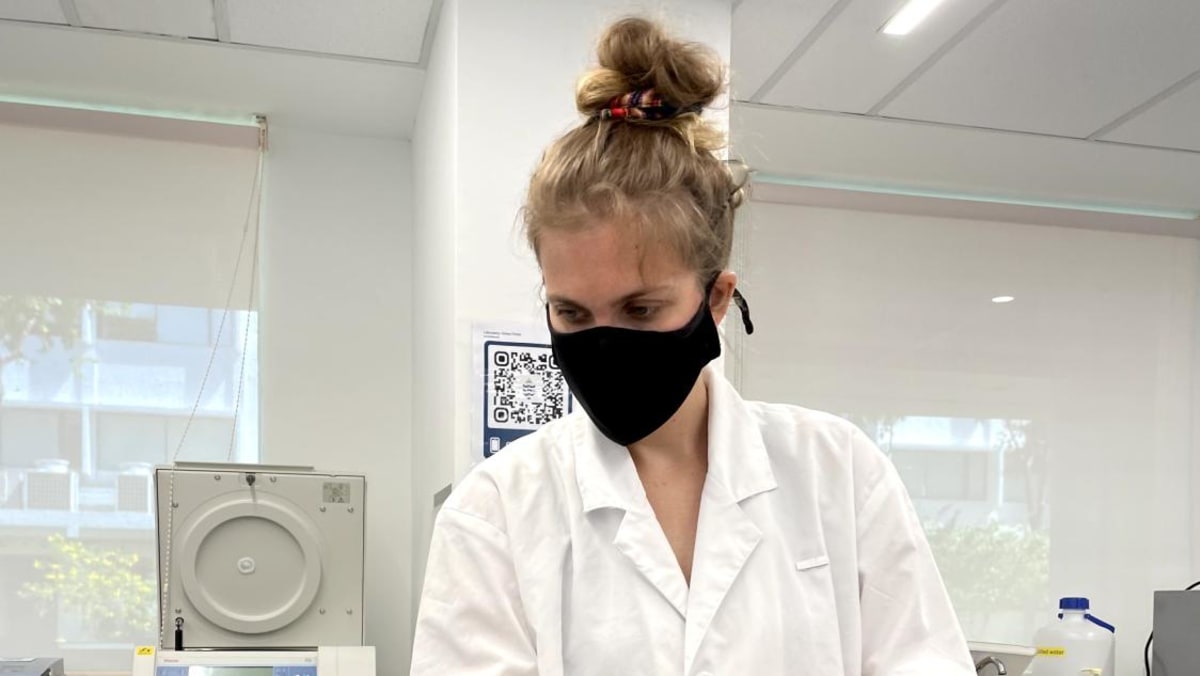You probably don’t associate sharks with Singapore. But surprisingly, an array can be found in our local waters, with sightings of bull sharks, blacktip reef sharks, bamboo sharks, blackspot sharks and even a baby whale shark.
Over-efficient and destructive fishing gear like trawls continue to operate, scooping up all in their path (including sharks and rays) and disturbing the seabed.
An additional strain comes from territorial disputes in the South China Sea, which have ignited competition for natural resources — how can countries even begin to cooperate and protect the ocean if they’re still arguing over who lays claim to what?
Fish stocks in the South China Sea are now less than half of their levels in the 1950s, and there appears to be little success in halting further loss.
THE FUTURE OF OUR SEAS — HOW DO WE MOVE FORWARD?
Collaboration with industry stakeholders is a crucial avenue for preserving our oceans.
Fishermen and local seafood suppliers in the region possess immense knowledge.
Asking them about fisheries, species’ population trends, supply chains and their opinions on practical approaches to conservation holds huge potential to finding solutions that could work for everyone.
I have been so fortunate to work with a supplier who gives me sharks and rays incidentally caught by fisheries for my research. The insights I have gained from him about fisheries, sharks and ray populations, and consumer trends have been invaluable.
Unfortunately, negative publicity around shark fin soup and environmental issues in general has made some stakeholders wary of conservationists. We need to build trust and work together — after all, we both want the same thing, which is a bountiful ocean.
Regulation of the ocean will always be a challenge, and we cannot sit around and wait. There is growing awareness around sustainability, and consumers are increasingly keen to do the right thing.
Whether more “sustainable” seafood from fisheries in Southeast Asia can be attained remains debated (it is a complex task, with huge efforts to monitor, reform and enforce). Aquaculture also poses its own, unique set of environmental and welfare problems.
Singapore is a global leader in the development of cell-grown meats, and this avenue could provide respite for the Earth although some environmental concerns need to be ironed out.
We can all do our part to reduce the amount of sea life extracted from the ocean by reducing our own demand. As for me, I turned vegetarian at age 11 and will continue to enjoy my “mock” meats and seafood.
DISPELLING MISCONCEPTIONS THROUGH EDUCATION
It is important to dispel misconceptions, be fully aware of truths and foster respect and empathy for the creatures that live on our planet.
For decades, sharks have been sensationalised by the entertainment and news media, which has made us irrationally fear them; my younger self included.
Thankfully, when I was 14 years old, I watched a programme about hammerhead sharks on Cocos Island, which changed my perception of sharks entirely and led me on my journey to protect them.
You can be inspired too — an upcoming educational resource is National Geographic’s Sharkfest 2023, which can help both adults and children connect with sharks and learn about their importance in marine ecosystems.
TAKING ACTION FOR OUR OCEANS
Closer to home, know that there are several efforts to research and conserve Singapore’s own sharks and rays.
We have the Sisters’ Island Marine Park which provides a safe haven for all marine creatures.
Researchers are tagging and tracking sharks to understand how they use our seas.
Recreational fishers are being urged to release sharks and rays that are caught and we continue to monitor the fishery ports to understand trade and consumption.
The human population continues to grow, and non-human populations continue to shrink. The Earth cannot keep up with our demands — the urgency of this situation continues to be highlighted yet our efforts still fall short.
It is not just sharks that are in trouble, but all life at sea and on land. We all need to do our part to live more sustainably and create safe spaces for animals and marine life alike.
ABOUT THE AUTHOR:
Born and raised in Singapore, Naomi Clark-Shen is a PhD student in the Marine Science programme at James Cook University, studying the small, often-forgotten sharks and stingrays incidentally caught in fishing nets around Southeast Asia.


